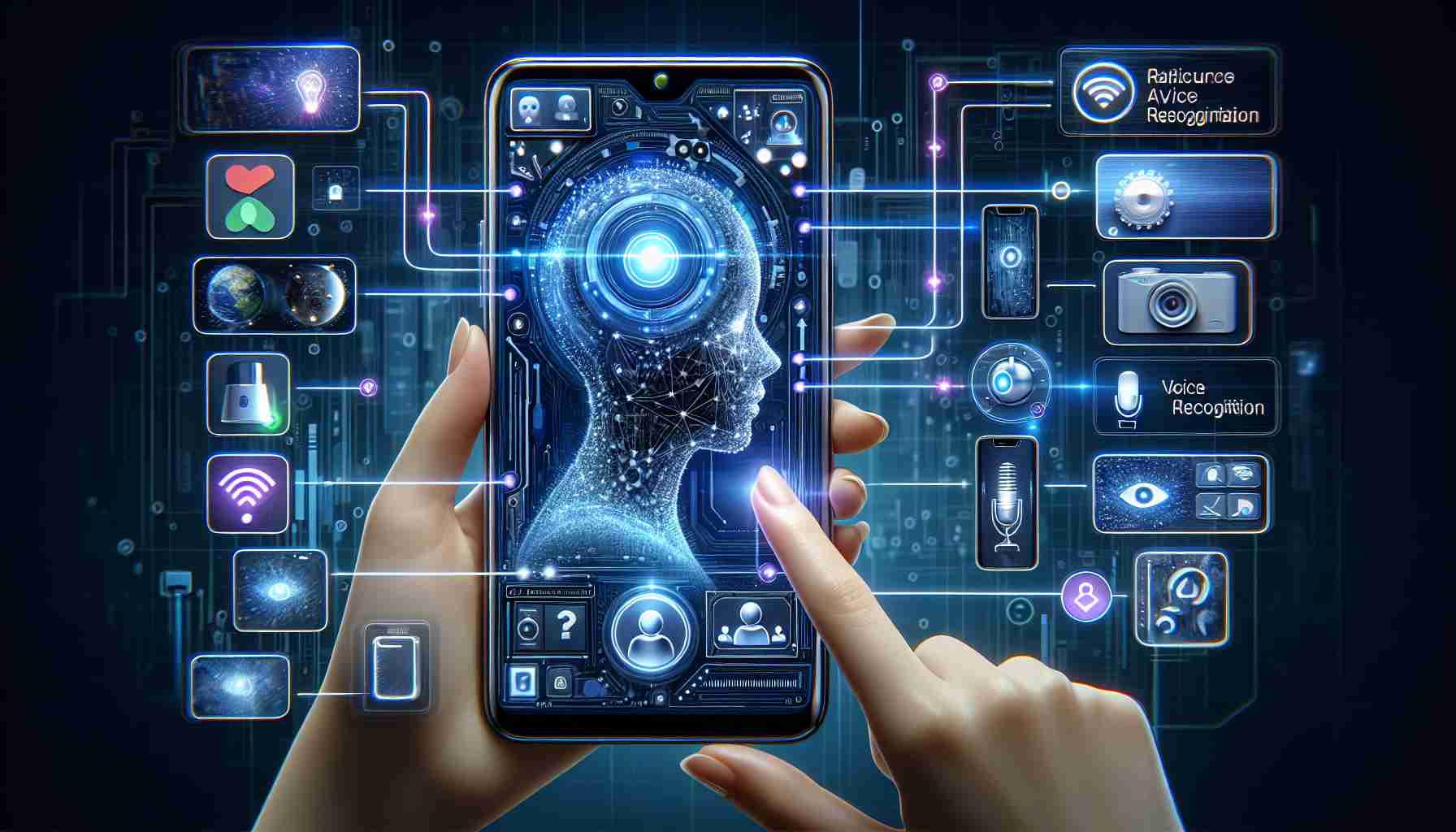Enhancing User Experience
AI is revolutionizing the smartphone experience through personalized suggestions and advanced functions. By analyzing user preferences and habits, AI can tailor the experience to individual device owners. Leveraging large language models (LLM), AI systems continuously learn and adjust content based on user data. Additionally, AI drives enhanced features such as optimized camera capabilities and efficient resource management for extended battery life.
Expanding Accessibility
AI offers various assistive features, enabling users to access a wide range of functionalities. AI-powered assistants like Siri and Google Assistant can perform diverse tasks through voice commands. Some smartphones now incorporate real-time translation, speech-to-text conversion, and screen readers to cater to individuals with disabilities.
Overwhelming Features
While AI-controlled features continue to grow, they can complicate devices, especially for older generations less tech-savvy. New AI functionalities may require a learning curve, with users needing more time to understand and utilize them effectively, potentially hindering overall user-friendliness. It’s essential to maintain simplicity as a core part of any device’s functionality.
Technology Dependency
Despite the advancements, AI features aren’t flawless, and AI companies acknowledge occasional inaccuracies. Users might become overly reliant on AI, diminishing their ability to perform tasks independently. Some AI models may be unreliable or produce inaccurate results, leading to user dissatisfaction.
Privacy Concerns
AI systems personalize experiences through extensive data collection, raising concerns about user privacy and data security. Overpersonalization could instill paranoia as individuals may feel uncomfortable with the device’s level of knowledge about them. The extent of data collected by AI companies and the permissions granted by users remain ambiguous.
Additional Facts:
– AI on smartphones can also enhance cybersecurity by detecting and preventing security threats in real-time, bolstering the overall protection of user data.
– AI can assist in improving mental well-being by offering personalized recommendations for mindfulness apps, mental health resources, and even identifying patterns that may indicate emotional distress.
Key Questions and Answers:
1. How does AI impact smartphone user privacy?
Answer: AI collects vast amounts of user data for personalization, raising concerns about privacy and data security. Users should be cautious about the extent of data shared with AI systems.
2. What are the challenges associated with integrating AI into smartphone experiences?
Answer: One challenge is ensuring that AI features are user-friendly and intuitive for all users, especially those less familiar with technology. Balancing enhanced functionality with simplicity is crucial.
Advantages:
– Personalization: AI enhances user experience by tailoring suggestions and features based on individual preferences.
– Accessibility: AI provides assistive features that cater to users with disabilities, expanding the reach of smartphone capabilities.
– Efficiency: AI streamlines tasks, optimizes device performance, and extends battery life, improving overall user satisfaction.
Disadvantages:
– Complexity: Overwhelming AI features may lead to device complexity, requiring users to invest time in understanding and utilizing them effectively.
– Dependency: Users may rely too heavily on AI, impacting their ability to perform tasks independently and potentially reducing critical thinking skills.
– Privacy Issues: Extensive data collection by AI systems raises privacy concerns, with users unsure about the extent of data usage and permissions granted.
Related Links:
– techradar.com
– cnet.com

